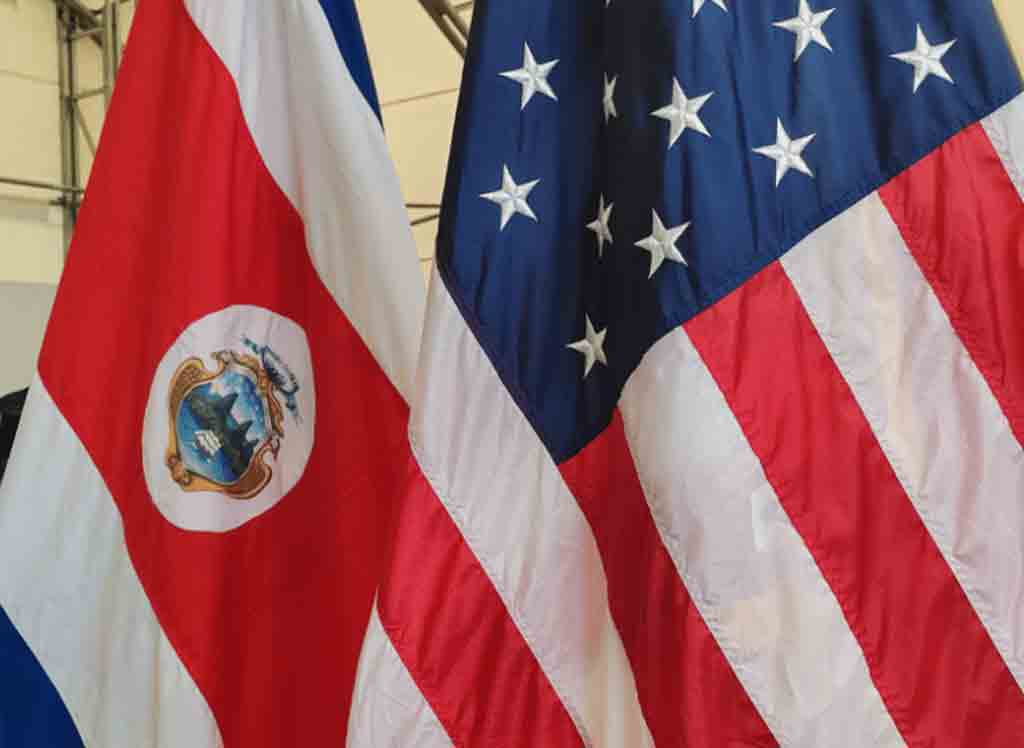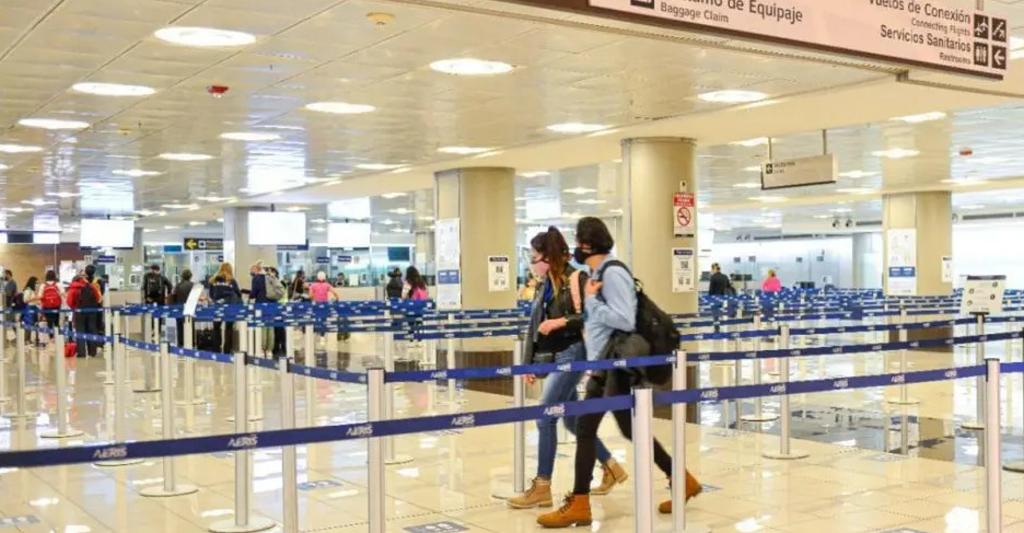Q24N (Confidencial) On Christmas Eve, dictator Daniel Ortega sent to the National Assembly a bill for the Administration of the Monetary and Financial System that will reform the way the Central Bank of Nicaragua (BCN) and the Superintendency of Banks and Other Financial Institutions (Siboif) operate.
When Ortega’s letter to the “Niño Dios” comes into effect, both entities will be under the direction of a common board of directors, which will be chaired by the president of the BCN, super minister Ovidio Reyes.
Since the beginning of 2023, Reyes began to exercise de facto control over the Ministry of Finance and Public Credit (MHCP), especially after the deposition of the then head of that portfolio, Iván Acosta. That the appointment of Bruno Gallardo as head of the Treasury was only a legal formality without any further validity was made clear when it was Reyes – and not Gallardo – who presented the draft General Budget of the Republic for 2025.
– Advertisement –
An analyst with knowledge of the political and economic situation in Nicaragua told CONFIDENCIAL on condition of anonymity that this law increases the “super control” that Reyes already has. Now, “he is practically number two in the country with that authority and control that he has over fiscal and monetary policy,” he argued.
From exile, a private businessman with experience in financial regulation said that another purpose of this bill is to intimidate the population, by showing the power that the dictatorship can exercise through repression. The text also threatens senior executives of financial institutions subject to supervision, who can be dismissed by the decision of the new super-entity.
For his part, a financial law expert pointed out an additional purpose of this proposed law, which is to control the movement of capital, both to and from abroad. He explained that, given the decision of some businessmen to keep their money safe beyond the physical borders of the country, the regime wants to “prevent capital flight; keep capital inside and point out those who are taking it out of the country.”
Legal and de facto repression
The bill presented to the Legislative Branch politicizes the laws to consolidate the power of the dictatorship, and use them to obtain the pieces of information that they have not been able to obtain so far on those they consider their enemies, explained the private businessman cited above.
His opinion is that “the initiative intends – as they have been doing with other laws – to continue to instill fear in the population and show their power through repression. Hence the reason for Article 137 ‘Support of the public force’ by means of which the Superintendency may make use of the Police in the hypothetical case that they find obstacles or resistance from the natural or legal persons from whom they require information,” he exemplified.
Article 137 says that “the Superintendency may request the assistance of the public force, if it finds obstacles or resistance in the fulfillment of the functions of supervision, inspection and surveillance under its charge. For such purposes, the public force will be obliged to provide the Superintendency with all the assistance that is necessary, without prejudice to the legal responsibilities incurred by the offenders.”
– Advertisement –
“The Superintendency does not need this new power, because it is enough to decree an intervention and intervene in the institutions, without the need for the public force. I repeat that it does not need it to intervene in an institution: it is enough to make a declaration of intervention and that’s it,” said the expert in financial law.
No more private information
The businessman also considered that “specifically, article 24 ‘Obligation to provide information’ leaves everything related to the private information of natural or legal persons completely subject to the arbitrariness of the authorities and without any limit, as they are obliged to provide not only to the Central Bank or the Superintendency of Banks, but also to the entities or persons designated by them.”
Additionally, he considers that demanding the delivery of any type of information requested in the formats and deadlines established at a discretionary level, “goes beyond the regulatory. They talk about economic, financial, statistical information, without specifying the limit of the same. This is contrary to the right to private information, and puts the banking confidentiality of all people and companies at risk,” he added.
In reference to article 138 “On the nullity of appointments”, he considered that this “leaves the dismissal of directors, the general manager or the main executive and the internal auditor of financial institutions subject to supervision completely to discretion and arbitrariness, if they do not meet the legal requirements or for reasons determined by the Superintendency”.
– Advertisement –
Although the current law establishes that those who do not meet the legal requirements or those who commit irregularities in the exercise of their duties may be dismissed, the proposal cites “reasons determined by the Superintendency”. The following article speaks of “dismissal of personnel for committing serious infractions in the exercise of their duties, but here they speak of boards of directors, managers, executives and employees of the institutions. That is, everyone”, he objected.
Private banks in defenselessness
The financial law expert recalls that “the regime always pursues the objective of controlling all the economic spaces and sectors of the country,” especially those that move capital across borders, whether exporters, importers, “as well as many other businessmen, especially bankers.” This desire for control became especially more intense starting in 2018, “when Nicaragua suffered a severe capital flight,” he said.
In the modern world, the first source of financing for both businessmen and farmers, and any sector of the economy, is the money that savers have in the financial system. But when an immense amount of dollars leaves one economy and moves to another, the economy that transfers the capital is losing the ability to finance productive activities, he said.
In the case of Nicaragua, those who carry out these productive activities “have a horrible fear of losing their money,” so they send it abroad, he said. Hence, “they created this infrastructure, this commission, this general coordination with a great capacity for control, to monitor who is decapitalizing the country,” he said, highlighting the threat of using public force to obtain the information they need, as well as to carry out on-site inspections.
Finally, he considered that the creation of this superstructure “puts the banks in a highly vulnerable situation with respect to correspondents and all the international operations they may develop.” At the same time, he assessed that “this organization takes away the independence of the banks as commercial entities. They cannot make decisions that contradict the regime, because that could be a reason for intervention because now, to liquidate a bank, an administrative resolution will suffice, without recourse to the Judicial Branch.”
This article was published in Spanish in Confidencial and translated and adapted by the Q. Read the original in Spanish here.
– Advertisement –
Source link
Rico



